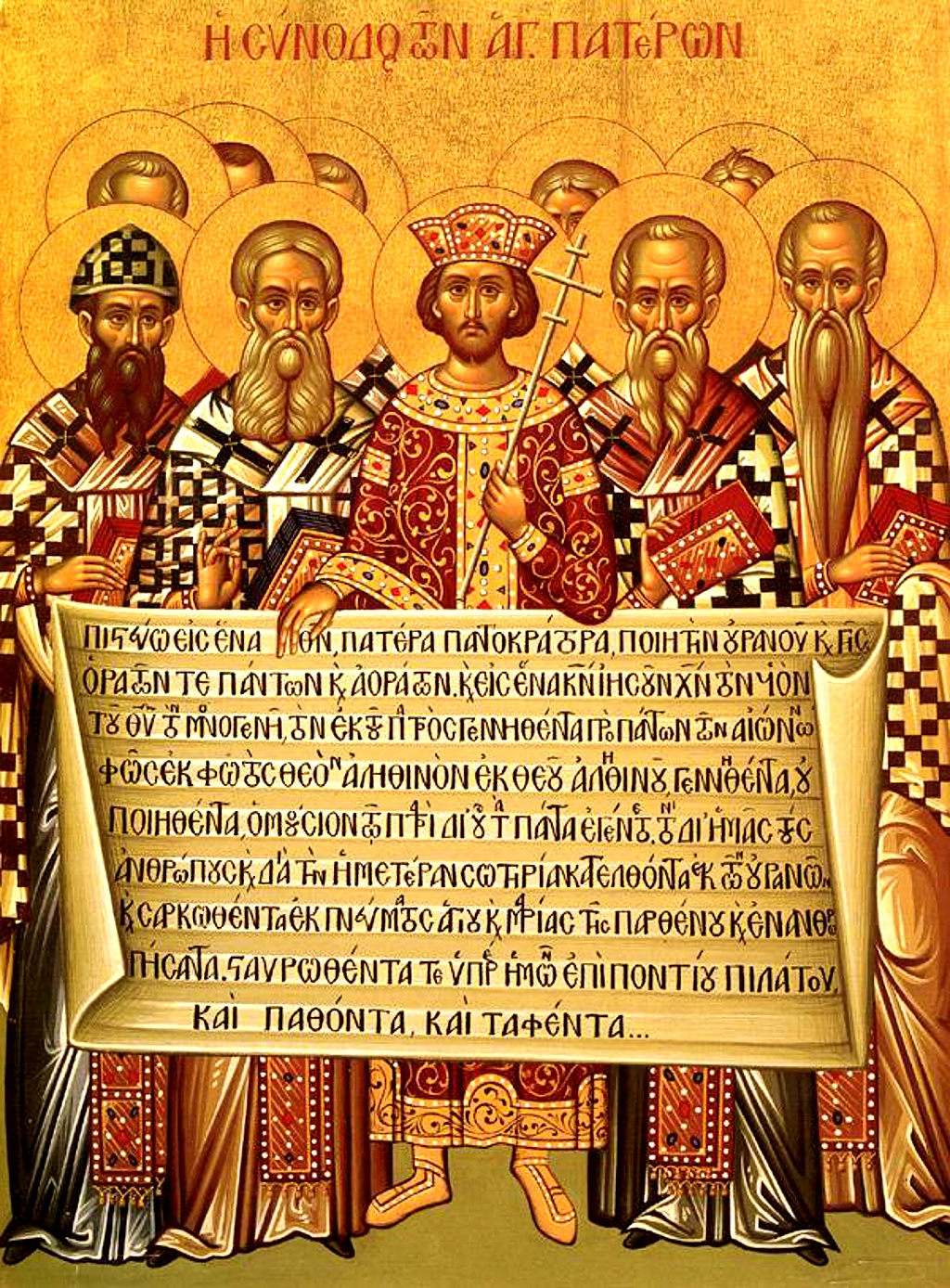
The Significance of the Nicene Creed as the Cornerstone of Christian Faith
Many readers assume that the progressive stances I take on social issues must mean that I am also a theological progressive. I don’t see myself as a theological progressive, though. In fact, it is precisely because of my rather orthodox, creedal beliefs that I am socially progressive. Nothing is quite a subversive and counter-cultural as…
8 minutes




Leave a comment